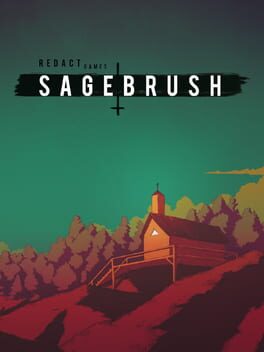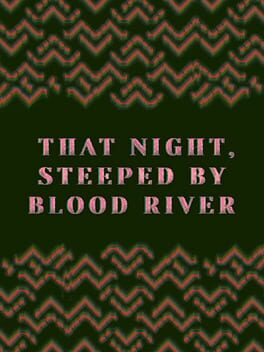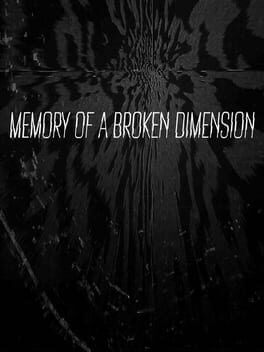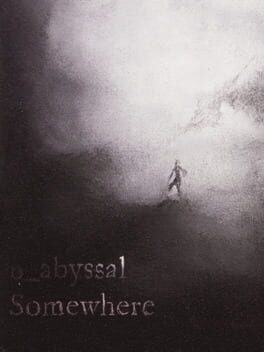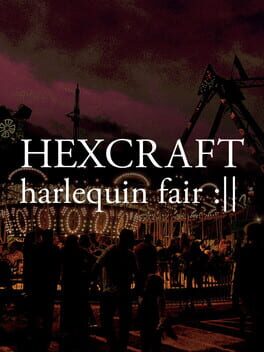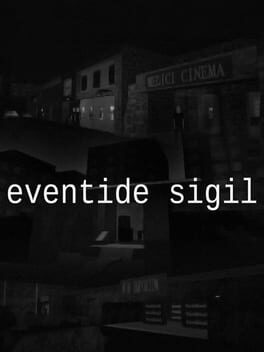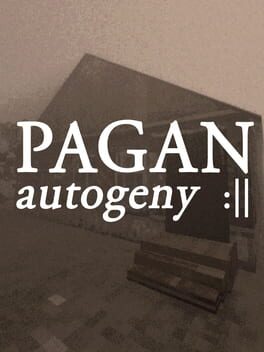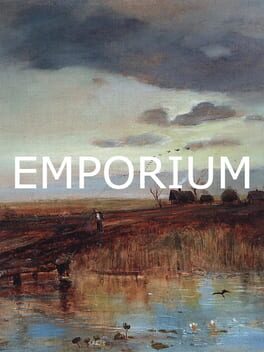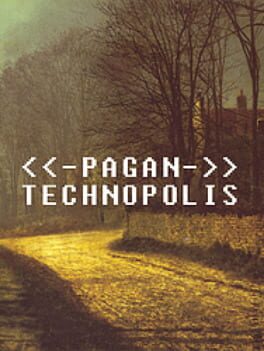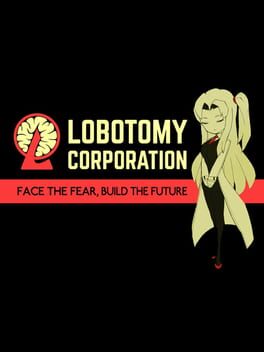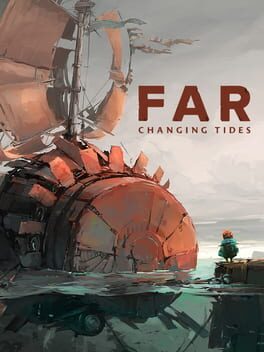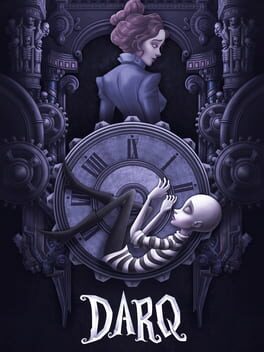skarjala
2018
This review contains spoilers
nice effort into the audiovisual presentation (voice acting) but never felt convinced by the cult. far too many characters for a short experience; maybe focusing on a smaller primary cast for a longer time would have helped. the visual style of the game really sets it apart from other indie treasure hunt games, but this particular American-centric ranch vibe doesn't do it for me either unfortunately
2018
more interesting gameplay than any of oleander garden's other games, but i was a little let down by the game's presentation/setpieces (not the environments, those look great). loading screens also made learning the game kind of tedious.
still super worth playing for the experience of slowly unravelling how the game's systems work for and against the player
still super worth playing for the experience of slowly unravelling how the game's systems work for and against the player
2019
This review contains spoilers
is disarmingly simple at first, but pays off with extremely memorable setpieces that really elevate the rest of the game. unfortunately, never really captured the vibe of an MMO, but the way the treasure hunt gameplay crossed over with stat building worked really well.
biggest complaint: wipes your save at the end of the game. replays are identical, so wrap things up before you proceed to the ending
biggest complaint: wipes your save at the end of the game. replays are identical, so wrap things up before you proceed to the ending
2018
a pretty simple iteration on the previous game with a more bleak vibe. there's still not enough mechanic-wise to do much with and the game kinda falls victim to the "indie analog horror game in which the player walks slowly and gathers objects", but most of the framework for autogeny seems in place by the end of this game
2018
2018
replayed this year and bumping it up a half star.
lobcorp takes a collection of simple rules and continually iterates until you can feel information falling out of your ears. there genuinely is nothing else like it, and that's probably why most people bounce off of it. but that willingness to drop the player into nearly impossible situations so they can only just barely scratch out a win creates these huge payoffs that i haven't really found anywhere else other than the sequel lol.
this game is mean, janky, kinda ugly sometimes, and fucking beautiful when it needs to be. it uses the feelings derived from gameplay to reinforce its themes and its story. it's a shining example of what i love about indie games and has probably changed the way i think about them twice now
lobcorp takes a collection of simple rules and continually iterates until you can feel information falling out of your ears. there genuinely is nothing else like it, and that's probably why most people bounce off of it. but that willingness to drop the player into nearly impossible situations so they can only just barely scratch out a win creates these huge payoffs that i haven't really found anywhere else other than the sequel lol.
this game is mean, janky, kinda ugly sometimes, and fucking beautiful when it needs to be. it uses the feelings derived from gameplay to reinforce its themes and its story. it's a shining example of what i love about indie games and has probably changed the way i think about them twice now
2023
manages to integrate sekiro into soulsborne combat in a way that fromsoft either hasn't figured out or wanted to. the game gives the player so many tools for comebacks that most of my boss fights were just barely won by the end of the game.
there are typical smaller-studio complaints like some rough difficulty spikes or enemy re-use by the end of the game, but the fact that this game feels as good as it does while telling a self-contained, thoughtful story in the pinocchio universe is way more important than any of the game's issues. genuinely excited for the dlc/sequel, and i hope fromsoft is taking notes
there are typical smaller-studio complaints like some rough difficulty spikes or enemy re-use by the end of the game, but the fact that this game feels as good as it does while telling a self-contained, thoughtful story in the pinocchio universe is way more important than any of the game's issues. genuinely excited for the dlc/sequel, and i hope fromsoft is taking notes
has some neat modern ideas, like the effects of constant art discourse on self-worth, but doesn't do anything more than state an issue when it's brought up. there was an opportunity here to discuss the overlap of old-school silent hill issues (eg. generational trauma) with what it seems the decision-makers are more familiar with, but the issues the game tackles are entirely isolated from one another - that's the bullying room, this is the 'i-hate-my-art' room, etc.
as for whether it's a "Silent Hill" game - sure it is. the franchise of 25 years ago doesn't exist anymore. AAA media today is designed by committee to capture the public's attention with nostalgia, UHD graphics, and streamlined gameplay loops. that's not inherently bad, but it's not really conducive to slow-burning meditative stories like the original games. you'll have to look beyond konami (hint: indies) to find anything resembling classic silent hill
as for whether it's a "Silent Hill" game - sure it is. the franchise of 25 years ago doesn't exist anymore. AAA media today is designed by committee to capture the public's attention with nostalgia, UHD graphics, and streamlined gameplay loops. that's not inherently bad, but it's not really conducive to slow-burning meditative stories like the original games. you'll have to look beyond konami (hint: indies) to find anything resembling classic silent hill
2022
some puzzles are great, but at other times you're waiting 4x45 seconds for timothy trap horn to wheel by so you can try another permutation. i felt like i spent half my gameplay waiting for stuff to happen and i beat the game in 2.1 hours.
cool ideas but aesthetically and mechanically this game is not my vibe
cool ideas but aesthetically and mechanically this game is not my vibe
2018
extremely tight masocore gameplay that is engaging in a similar way to old-school iwbtg, meatboy, and friends. i found the game's exploration of its themes to be a letdown, unfortunately. discussion felt both heavy-handed and surface-level, which aren't negatives on their own, but when put together made me more uninterested than anything
